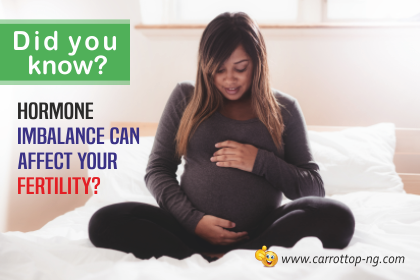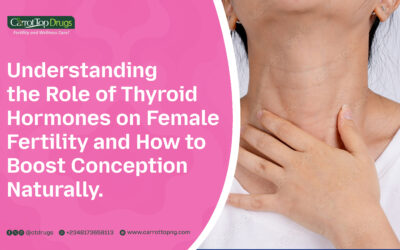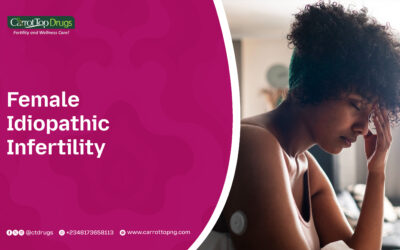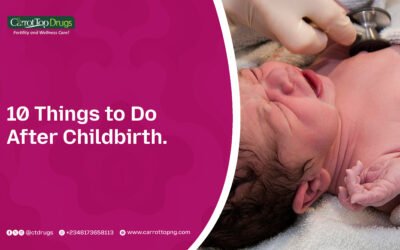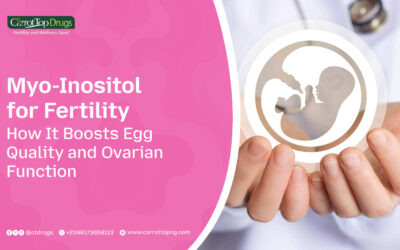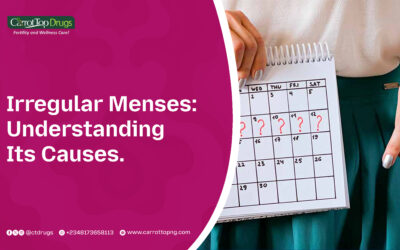HORMONE IMBALANCE & INFERTILITY
Hormone imbalance occurs when the human body has too much, too little or out-of-sync production of a hormone or hormones that are important for regulating bodily processes. The proper balance of hormones is essential for efficient reproductive cycles such as the ovulation process in women and the overall system of conception. Hormonal imbalances are the leading cause of infertility in women. For example, Disorders, like polycystic ovary syndrome (PCOS) and anovulation, can be the result of a hormone imbalance in women.
NB: Men may also experience hormonal disorders that affect their fertility, such as low testosterone levels.
How do hormones affect fertility?
Hormones play a pivotal role in female reproduction, particularly those hormones that control the menstrual cycle. In order for a pregnancy to occur, hormones in the body must signal and regulate the growth of an egg within an ovary, the release of the newly formed egg into the fallopian tube and the thickening of the uterine lining for implantation..
An absence or irregular quantity of one or more hormones can delay or prevent any of the above processes from occurring, making pregnancy difficult to achieve.
Common causes of hormonal imbalance that affect ovulation
Some of the most commonly diagnosed conditions and hormonal imbalances are;
- Annovulation
- Polycystic ovary syndrome (PCOS)
- And Hyperprolactinemia
These conditions often result in infrequent or absent ovulation, which complicates an individual’s or couple’s ability to become pregnant.
Symptoms of hormonal imbalance
Often times, hormonal imbalance is not diagnosed until an individual experiences infertility. Women may experience one or more of the following symptoms:
- Absent or irregular periods.
- Spotting between periods.
- Heavy or painful periods.
- Increased hair growth on the face, neck, chest, and back.
- Unexplained weight gain.
- Acne
- Male-pattern hair loss
- Constipation and diarrhea
- Extreme mood changes
The major reasons for hormonal imbalances in women are due to:
- Stress
- Unhealthy diet, lifestyle
- Diabetes
- Sleeping issues
- Thyroid imbalance
- Lack of exercise
Treatment for hormonal imbalance
Hormonal imbalance is usually treatable and should be treated whether or not the patient is looking to become pregnant. Treatments for hormonal imbalance may include;
Lifestyle modifications, such as weight loss or diet changes can also normalize hormone levels and improve the chances of pregnancy.
Medications to restore normal thyroid function, normalize hormone levels, induce ovulation or trigger a fully mature egg.
This is where EVERGREEN formular for women comes in. It provides hormonal balance in women AND is recommended in the treatment of menstrual disorders, painful menstruation as well as conditions linked to hormonal imbalance such as irregular menstruation, anovulation, PCOS (Polycystic Ovarian syndrome) and Abnormal lactation caused by hyperprolactinemia. EVERGREEN FORMULAR FOR WOMEN ensures regular menstruation and ovulation and promotes overall reproductive well-being. It also provides full anti-oxidant support and fully optimizes the female reproductive system for pregnancy to occur fast naturally.

